Iran foreign minister: We are close to agreement in Vienna talks, ball in US court
Iran’s foreign minister says the negotiating parties in the Vienna talks on the revival of the 2015 Iran deal are close to reaching a final agreement, adding that the ball is now in US court.
Hossein Amir-Abdollahian made the remarks in a Sunday phone call with the Secretary General of the United Nations Antonio Guterres, during which the two sides discussed the current situation of talks on the revival of the deal, officially known as the Joint Comprehensive Plan of Action (JCPOA), as well as other regional and international developments.
“We are close to an agreement in the negotiations and we have conveyed our proposals on the outstanding issues through the European Union’s top negotiator (Enrique Mora) to the US side, and the ball is now in US court,” Amir-Abdollahian said, according to a readout of the conversation provided by the Iranian Foreign Ministry.
Guterres, for his part, described the talks in the Austrian capital as important, expressing hope that the negotiating sides would reach an agreement soon.
Negotiations have been held in the Austrian capital since last April to restore the JCPOA, which was ditched by former US President Donald Trump in May 2018.
In quitting the agreement, Trump introduced what he called the “maximum pressure” campaign to bring Iran to its knees, but Tehran maintains that the policy has failed dismally. Officials in the administration of the incumbent US President Joe Biden have also admitted to this issue.
In recent months, however, Iran has cited Washington’s indecisiveness as the reason behind the protraction of the talks, as a number of key issues remain unresolved, ranging from the removal of all post-JCPOA sanctions to the provision of guarantees by the American side that it will not leave the deal again.
The other parties to the talks – Russia, China, France, the UK, and Germany – have also noted that the negotiators are close to finalizing an agreement.
Amir-Abdollahian, in a meeting with Mora last week, reiterated that the Vienna talks need a “political decision” by Washington to revive the JCPOA and remove the anti-Iran sanctions.
‘Iran backs settlement of Yemen crisis’
During the Sunday phone conversation, Amir-Abdollahian and Guterres also discussed the latest developments in Yemen, including a ceasefire to halt Saudi-led raids on the impoverished country and the Yemeni armed forces’ retaliatory attacks.
The Iranian foreign minister welcomed the establishment of the truce in Yemen and thanked the secretary general for the role he played in this regard.
The time has come for taking key steps toward the establishment of peace and stability in Yemen, especially toward the full removal of inhumane sanctions imposed on the country, he said.
Amir-Abdollahian further said Iran will continue to support a settlement to the Yemeni crisis and ending the war in the country, adding, “We hope, simultaneous with the establishment of truce, the full blockade on the people of Yemen would also come to a halt, so that this important opportunity would not go to waste.”
He also underlined the need for dispatching humanitarian aid to the people of Yemen.
For his part, Guterres expressed his congratulations on the establishment of the ceasefire, calling it a “joint success and victory” that was achieved through the efforts of all sides.
UN special envoy for Yemen Hans Grundberg announced on Friday that the two warring sides had agreed to a ceasefire that went into effect on Saturday.
In a series of tweets later on Friday, Guterres noted that the truce coincideی with the start of the holy month of Ramadan, saying such an achievement “must be a first step to ending Yemen’s devastating war.”
I commend the Government of Yemen, the Saudi-led Coalition and the Houthis for agreeing on a two-month truce in Yemen, including cross-border attacks.
— António Guterres (@antonioguterres) April 1, 2022
This truce must be a first step to ending Yemen’s devastating war. https://t.co/JCNPtRwZ0j
The truce came a day after a wave of drone and missile attacks hit targets across Saudi Arabia, which came days after the seventh anniversary of the Saudi-led war on Yemen. The truce was also followed by a Saudi attack against a residential area in Yemen’s northwestern province of Sa’ada.
The Saudis and their regional allies, particularly the UAE, launched the brutal war in late March 2015, after the former Riyadh-friendly regime in the Yemeni capital, Sana’a, was ousted in a popular revolution, and the Ansarullah resistance movement took control of the capital.
In recent months, Riyadh and Abu Dhabi have escalated their airstrikes across Yemen, and in response, have been targeted by the Yemeni armed forces in several retaliatory drone and missile attacks.
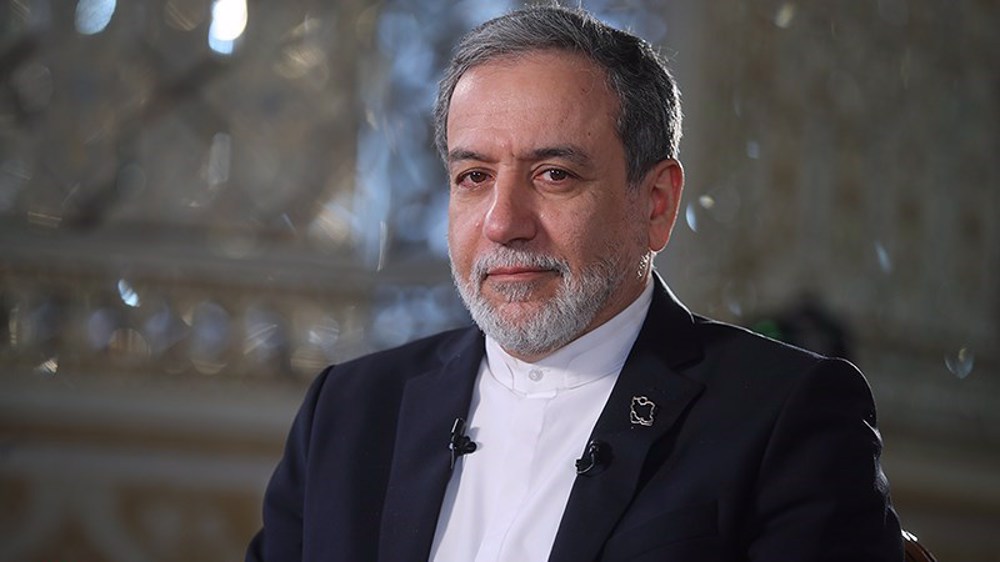
Iran’s FM warns of Israeli attempts to derail diplomacy through various tactics
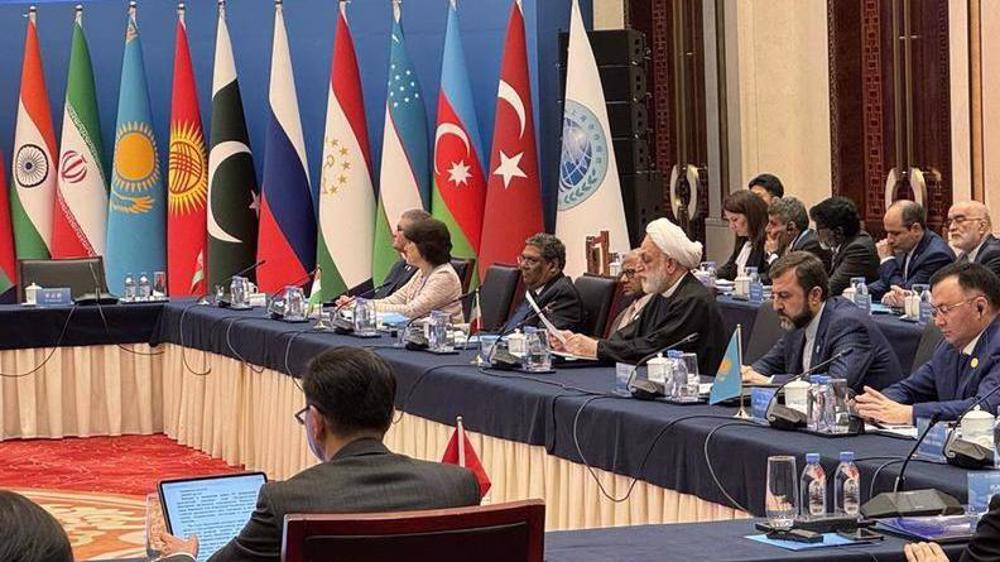
Iran unveils legal strategies for SCO states to counter challenges
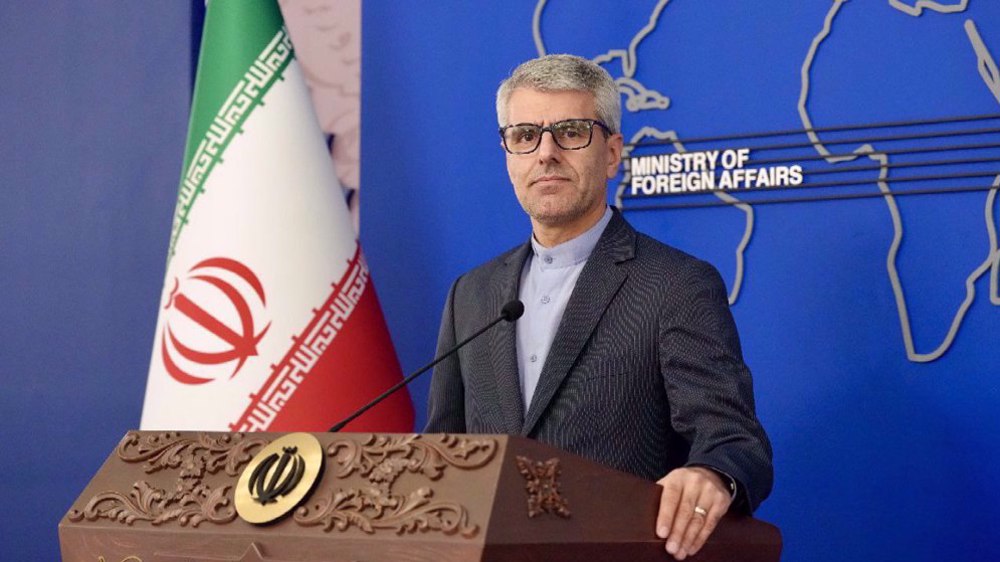
Iran: New sanctions show US 'lack of goodwill' in talks with Tehran
VIDEO | US pro-Palestinian campus protest
VIDEO | Palestinian civil defense rejects Israel’s probe and exposes the crime
India downgrades ties with Pakistan after deadly Kashmir attack
Iran’s steel output up 3.7% y/y to 3.3 million mt in March
There is good chance that US and Iran can reach an agreement: Veteran diplomat
VIDEO | Yemen faces environmental crisis due to oil spill caused by US strike
Israeli forces murder minor, critically injure young Palestinian during West Bank raids
Yemen's president orders nationwide ban on all US products


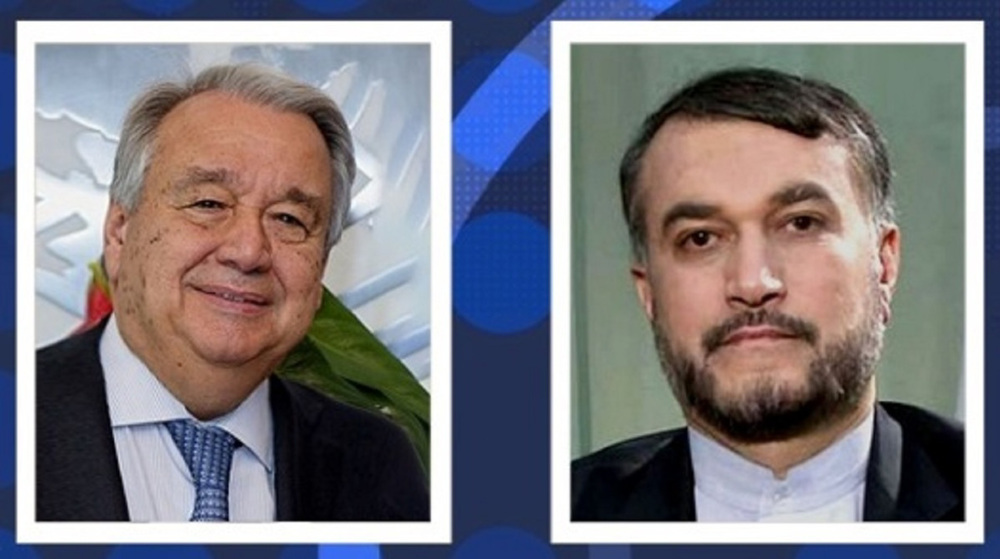
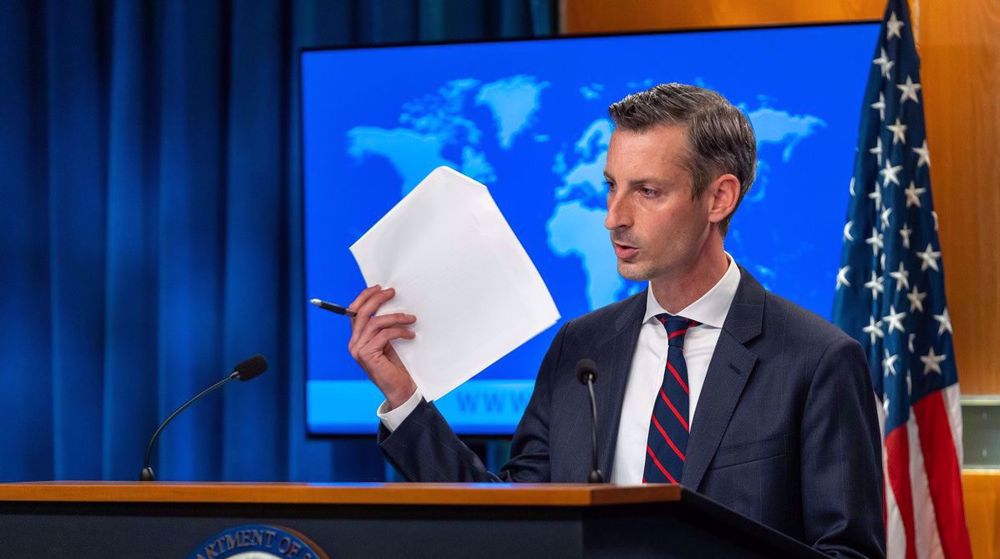
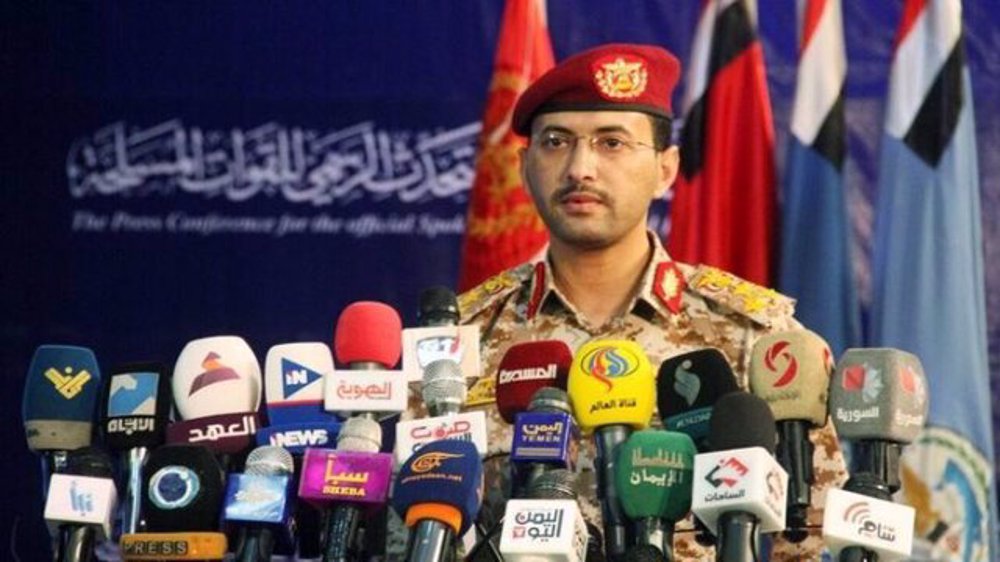



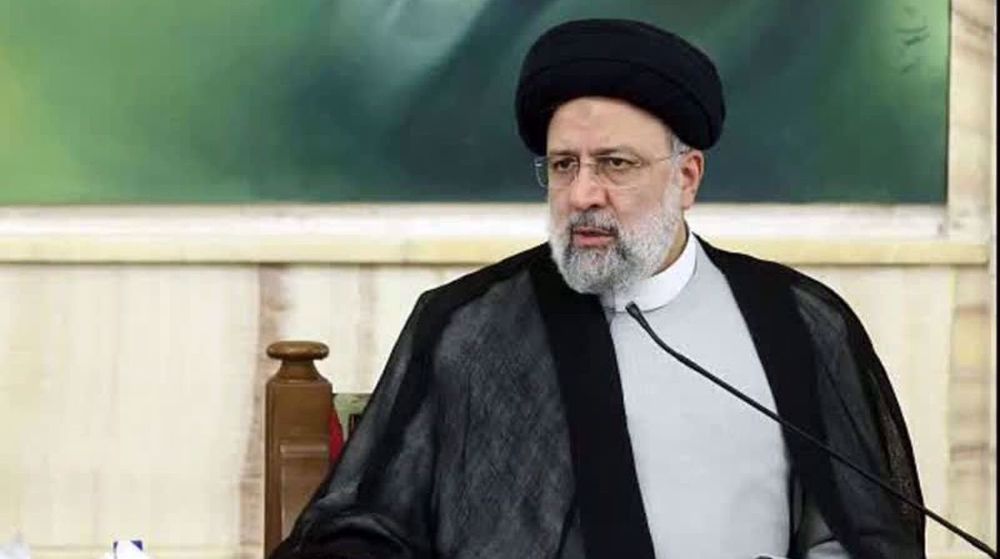
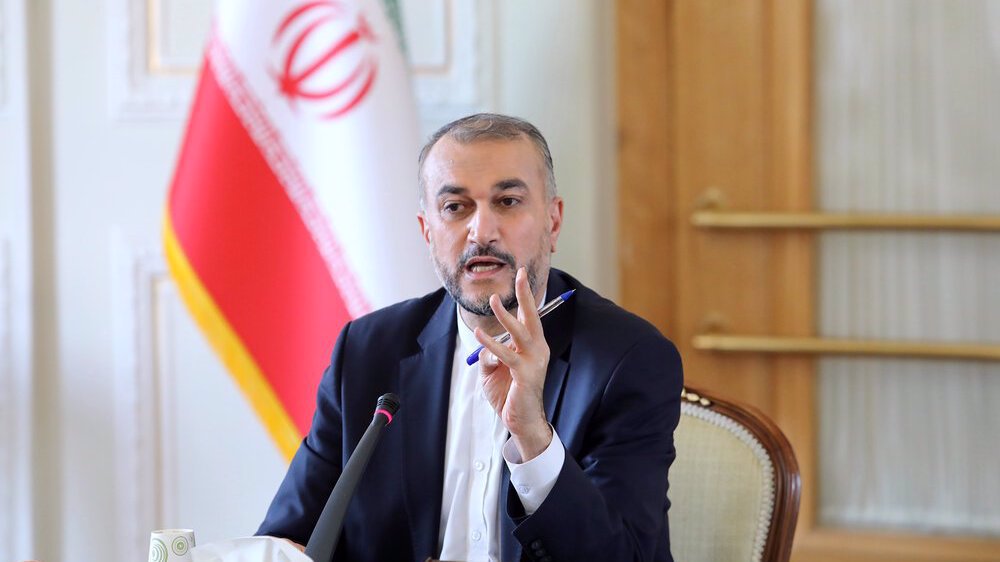
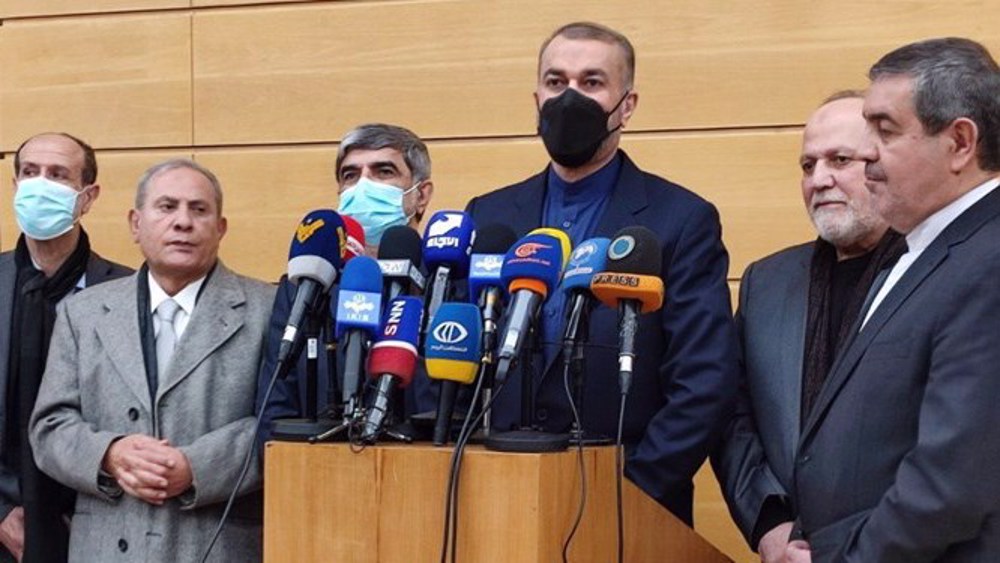
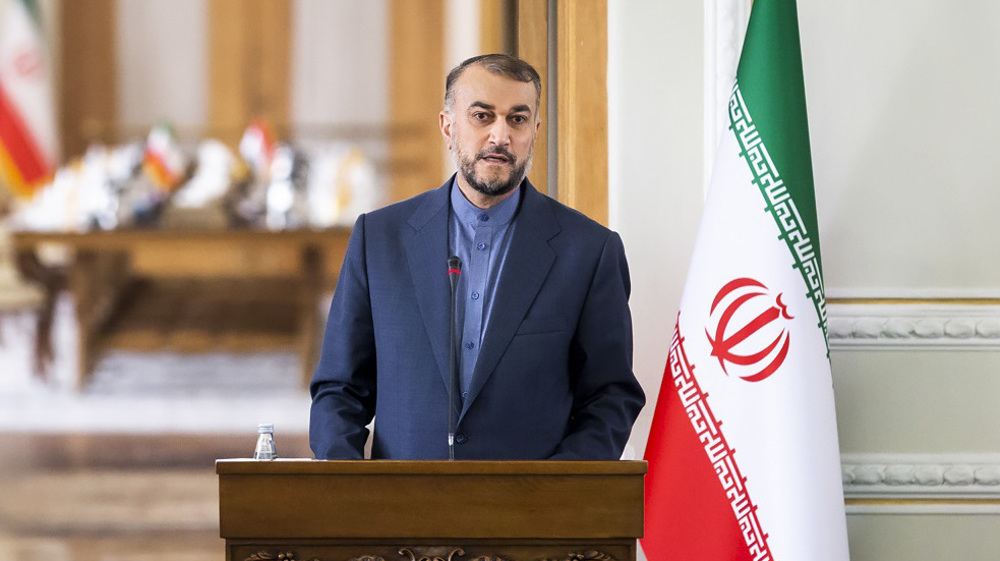
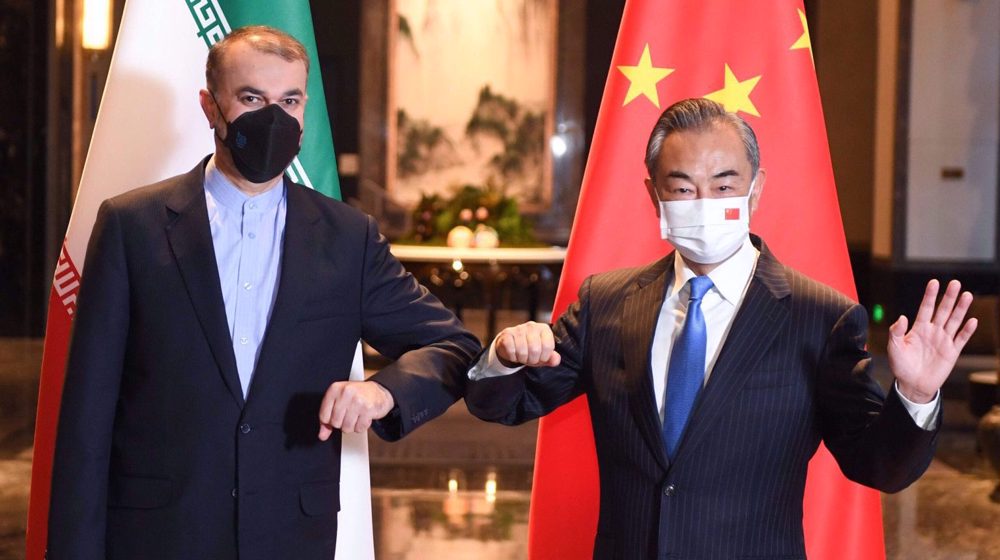

 This makes it easy to access the Press TV website
This makes it easy to access the Press TV website